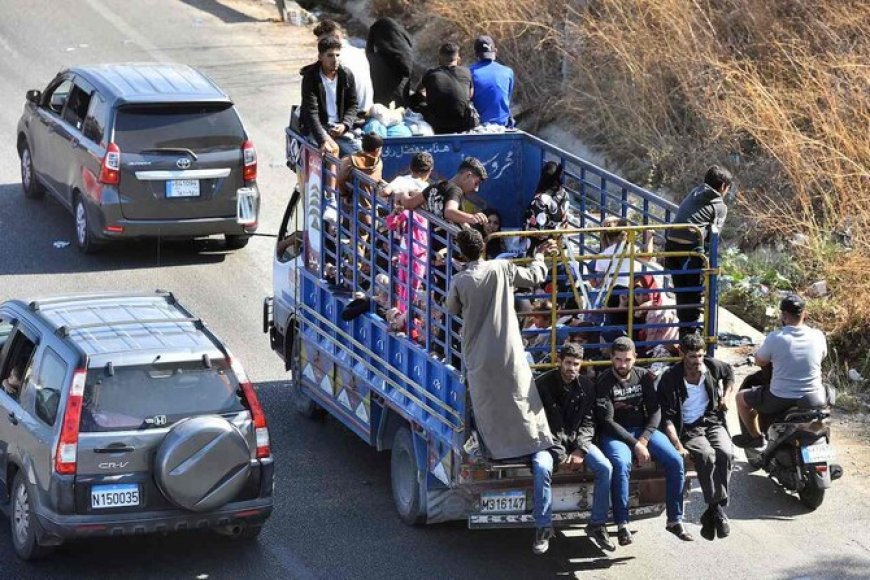UN Rights Chief Calls for Diplomatic Push to Handle Rising Crisis in Lebanon
Warning of dire humanitarian repercussions as violence escalates in southern Lebanon, Volker Türk, the UN's human rights commissioner, has urged quick diplomatic attempts to de-escalate the developing crisis between Israel and Hezbollah. Speaking from Geneva on Tuesday, Ravina Shamdasani, Türk's spokesman, voiced concern over the fast declining situation in the area and urged powerful players to act to stop more bloodshed.

Warning of dire humanitarian repercussions as violence escalates in southern Lebanon, Volker Türk, the UN's human rights commissioner, has urged quick diplomatic attempts to de-escalate the developing crisis between Israel and Hezbollah. Speaking from Geneva on Tuesday, Ravina Shamdasani, Türk's spokesman, voiced concern over the fast declining situation in the area and urged powerful players to act to stop more bloodshed.
Tens of thousands of people have been forced from their homes in southern Lebanon and about 500 persons have died in the fighting between Israel and Hezbollah, an Iran-backed group. Israel's military started airstrikes on scores of Hezbollah targets overnight, signifying one of the worst episodes of cross-border conflict in decades.
Shamdasani told reporters, "UN High Commissioner Volker Türk calls on all States and actors with influence in the region and beyond to avert further escalation and do everything they can ensure full respect for international law." She underlined that the strategies of war being used generate "serious questions" concerning adherence to international humanitarian law, especially with relation to civilian protection.
Shamdasani explained that offering warnings does not alleviate culpability for civilian losses when asked regarding warnings that Israeli soldiers had sent through phone messages before their operations. "Whether you’ve sent out a warning or not, striking areas where citizens are concentrated is unacceptable, knowing full well that the impact will be huge," she said.
The humanitarian situation in Lebanon is getting bad meantime. According to the World Health Organisation (WHO), hospitals are overrun and finding it difficult to handle the hundreds of injured. Confirming that four healthcare professionals were slain on Monday, Abdinasir Abubakar, a WHO representative in Lebanon, denounced the attacks on ambulances and health institutions. "We have evidence that health facilities have been targeted and this is devastating for an already fragile health sector," Abubakar said.
Bracing for a future flood of displaced persons is also the United Nations Refugee Agency (UNHCR). The agency's spokesman, Matthew Saltmarsh, said that tens of thousands of people have already gone and that numbers are anticipated to climb as the violence keeps on. UNHCR is looking for fresh Bekaa Valley and Beirut shelters for the refugees. "The circumstances really are quite concerning. It's quite disorderly, and we are helping the administration as best we can," Saltmarsh said.
Within an already unstable Middle East where the war in Gaza has raged on since October 2023, Israel's growing confrontation with Hezbollah finds place. A truce in Gaza has thus far eluded international diplomatic efforts, and the possibility of a more general regional conflict is growingly dreaded. Discussions on the crisis in Lebanon and the Middle East should take front stage as international leaders assemble in New York for the UN General Assembly.
The UN's diplomatic appeals highlight the seriousness of the matter since the world community aims to stop more escalation that might have disastrous effects on the area.













































